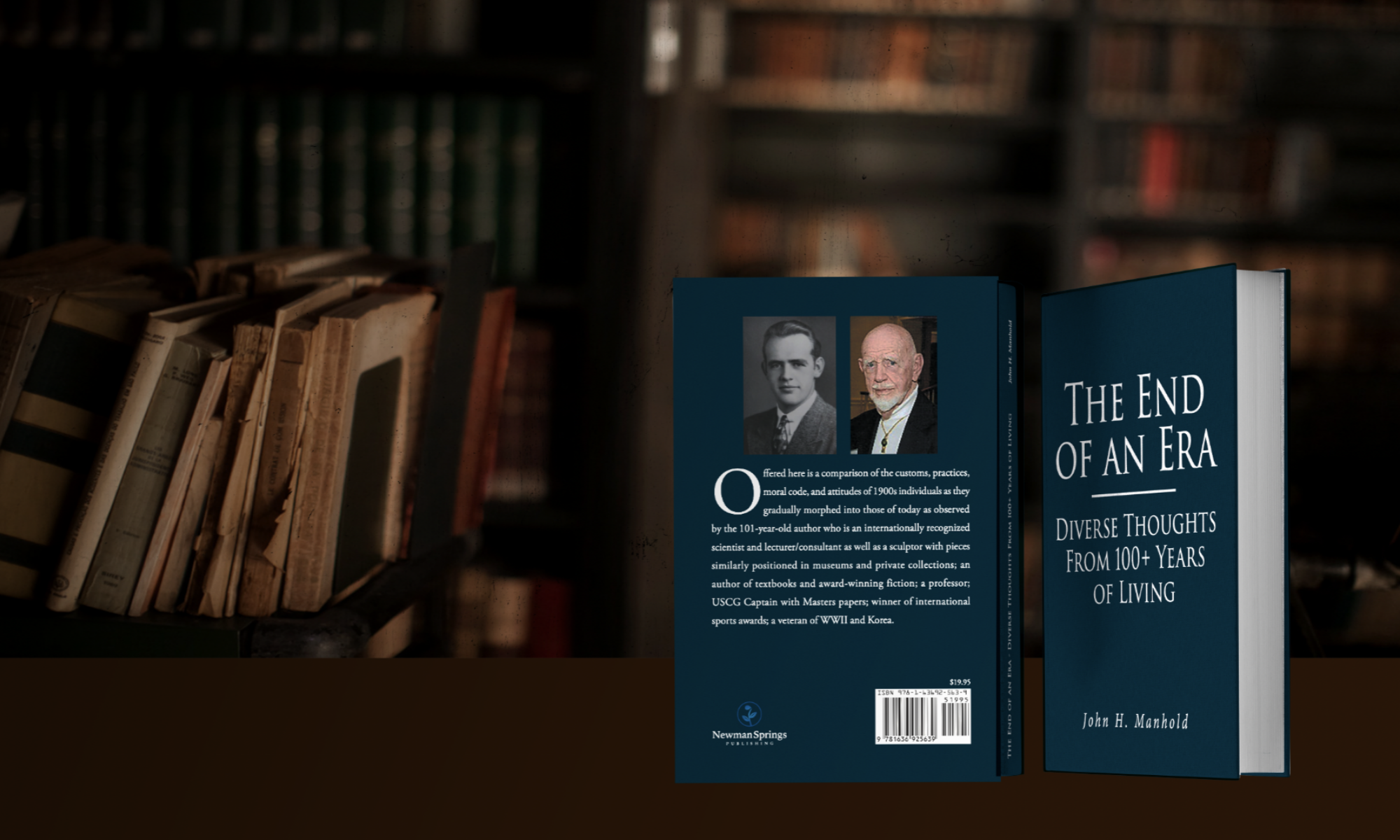GOD of the Details ISBN: 9798720151935, independently published, copyright and written by Christian Bandea.
The author is a successful British IT network engineer and developer who has sub-titled his volume “The Scientific Cover-up of Intelligent Design”. It presents his contention that it still is necessary to include the idea of a single Creator, specifically a deity (God), in theories about the origin of the universe in which we live. To support his belief, he discusses the most prevalent of today’s scientific theories, the Big Bang, Darwin’s Natural Selection, the position of Einstein’s Relativity, the existence of Dark Energy in the empty spaces in the universe and more. The basis for his contention simply is the question as to why “universe-from-nothing, accidental-life-from-non-living, randomly-generated-evolution, consciousness-as-byproduct theories (as constructed and set forth) are all more intellectually acceptable than the idea of a Creator of the universe”? Are a series of accidents more believable than faith in a Creator who knew what he was doing with the higher order of complexity that was beyond physical laws, time, and human understanding, to bring all of the small and intricately inter-positioning and interacting atoms, particles, chemical constructions, neurological activities, etc. required to bring the universe and individual organisms into existence?
With respect to Natural Selection, “The irreducible complexity found in various molecular structures can’t be explained through the small steps required by natural selection through adaptation.” Yet, “the hardcore evolutionists are engaged in Procrustean efforts to fit these obviously designed molecular systems into the Neo-Darwinian framework.” They make no effort even to attempt to test evolutionary scenarios at the molecular level by experiment or calculation. And of course, in Darwin’s time, it was impossible to imagine the complexity existing even at the most basic levels of life; e.g., existence of extremely small cilia as a component that would seem impossible to assign other than to individual design – selection couldn’t possibly account for their existence (except by speculation) and there are no supportive mathematical models or experiments that have been done to support their hypotheses and increasing numbers of studies are pointing to the complexity of molecular structure, thus increasing their problems
“Dark energy” (Virtual particles are barely perceptible short-lived quantum particles that flit in and out of the empty areas of space) is the name of a mysterious energy building in these areas described by scientists. It conjures-up the thought of another “Big Bang”? How do we know that our “Big Bang’ is the first? Presently we know nothing about it. An Infinite cycle of ‘Big Bangs’ and ‘appearance of the universe from nothing’ theories “illustrate the high degree of intellectual contortionism required” to dispute the idea of a universe that is the work of a Creator. Next, multi-universes are speculated, and the contra-Creator list continues to grow. The author discusses various aspects of many of the anti-Creator theories and speculations while concurrently submitting his proposed evidence in support of a one entity originator of the universe and man. The last roughly 9 % of his book provides the author’s pertinent bibliographic comments listed in the text.
Discussion: the author has set forth quite an in depth examination of his subject and, from this reader’s perspective, has done reasonably well. He has approached his subject from the perspective of rules set forth by the philosopher Karl Popper in the 1930s that have been accepted and employed since then by the scientific community. Specifically, legitimate scientific achievements must be distinguished from speculations, regardless to the stature and achievements of the proposing scientist(s). None of the ‘theories’ set forth have presented any proof and furthermore, the ‘spark-of-life’ never has resulted when attempts have been made to provide such an occurrence after assembling all of the required elements.
5* In support of a ‘Single Creator’ for origin of the universe and man.
